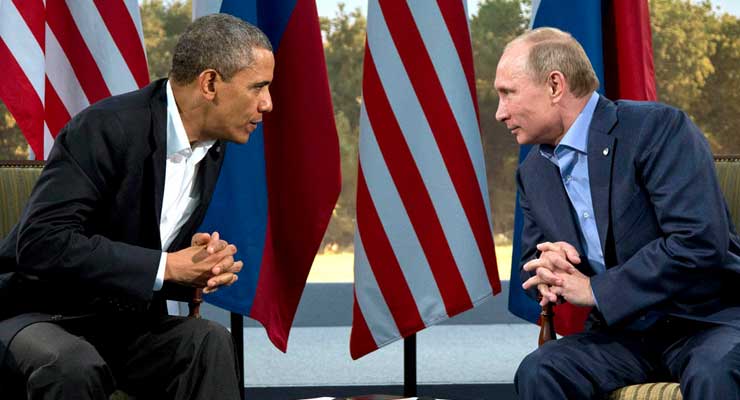
As the EU continues to struggle with numerous issues affecting the continent and the world, the organization voted on Friday June 17th to extend sanctions on Crimea and Sevastopol, regions of Ukraine which were annexed by Russia in 2014. Tension with Russia is therefore set to continue.
The sanctions that were extended for another year, were part of an effort to punish Russia for the annexations that occurred in 2014, something that has not happened in Eastern Europe since the height of the cold war in the late 1970s and early 1980s.
Prior to the approval of the extension, EU President, Jean Claude Juncker said that the invasion by Russia had “shaken the very principles of European security”. The last time a country was invaded by a superpower that threatened world security was during the cold war when the same country, although by different name, Soviet Union invaded numerous Eastern European along its border to in its view buffer Western influence around its sphere of influence.
Some of the countries that the Soviet Union invaded during World War II and the cold war include Ukraine, Romania, Lithuania, Hungary and Poland.
“If our relationship today is troubled and marked by mistrust, it is not broken beyond repair”, Mr. Juncker continued, referring to the divisions that have been developing between member states of the EU and NATO because of the increasing threat from Russia. “We need to mend it and I believe we can”.
Russia has been trying to capitalize on the chaos that has been plaguing the EU for the last couple of years as numerous issues including the migrant crisis from the ongoing Syrian Civil war and also the financial crisis that hit many countries hard.
In response to the western sanctions, Russia has banned food imports from countries who were involved with the sanctions. The extension of the sanctions will last for another year until 2017.
“Of course I don’t rule out an extension of responsive measures”, minister of economic development, Alexey Ulyukaev said regarding the extension.
Crimea has been a source of contention because of the historical Russian ties within the region and the divide between the loyalties of the Russian people to Russia and the loyalties of Ukrainians to Kiev.
“As long as sanctions are in place, counter sanctions will remain in place, and this seems to be the tradition of business turnover and is a completely normal situation”, Mr. Ulyukaev continued in his statement.
According to the latest information available, 24% of the citizens in Crimea are Russian while 70% of the population in Sevastopol is of Russian heritage. These stats only help but fuel the fire of the civil war as the government in Moscow has worked to sow the seeds of discontent among the Russian population.
“This is not our choice. We never bring this topic up with our European colleagues, it is they who bring it up”, Mr. Ulyukaev continuing, finishing his statement.
In summary, it should be the priority of all countries involved to work to deescalate the tensions in the region and restore the sovereignty of Crimea and Sevastopol back to Ukraine. Restoring calm in a region that has seen so much tension and strife in the last 4 years is critical.
Links to sources:
- Reuters EU Link: https://www.reuters.com/article/us-ukraine-crisis-eu-crimea-idUSKCN0Z315G
- The Guardian Link: https://www.theguardian.com/world/2016/jun/21/eu-to-extend-sanctions-against-russia
- BBC Link: https://www.bbc.com/news/world-europe-33171038
- RT Facts About Crimea Link: https://www.rt.com/news/crimea-facts-protests-politics-945/
- Sputnik News Link: https://sputniknews.com/politics/20160520/1039952468/moscow-sanctions-extension.html
Leave a Reply